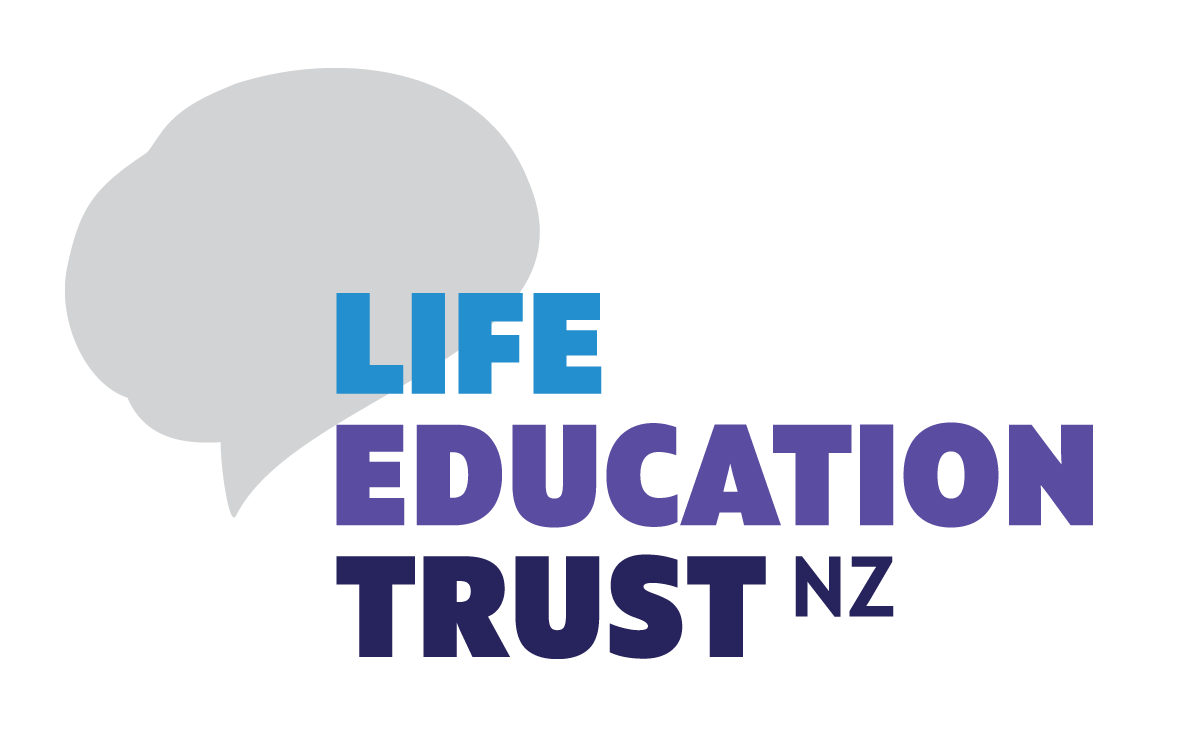The importance of sleep
 |
Understanding the crucial role of sleep for children and young people’s overall health and wellbeing can help teachers foster better learning environments and support their development. Passionate registered nurse and sleep consultant Kim Hunter shares valuable insights on the importance of sleep and how we can weave these insights into lesson plans for tamariki, and our sleeping practice. |
Sleep is essential for the overall health and wellbeing of children and teenagers. It plays a critical role in physical, cognitive, and emotional development, supporting nearly every bodily system. Proper sleep bolsters the immune system, regulates hormones, and aids in muscle tissue recovery. Sleep also affects emotional and mental health often influencing mood, coping abilities, and social interactions.
Research has shown that New Zealand children are often sleep deprived, which negatively impacts their education and mental health. Sleep deficiency can manifest in several ways, including poor sleep quality, sleeping at the wrong times, and sleep disorders. This deficiency can lead to continuous sleep disruptions, affecting children's ability to concentrate, behave appropriately, and perform well in school. In older teens it can also increase the likelihood of risky behaviours, such as substance abuse and self-harm, particularly in adolescents.
A study starting in 2020 examined brain health in 6 to 12-year-olds, comparing those who slept nine hours with those who slept less. The study found that children with less sleep faced more mental health and behavioural challenges, including increased stress, depression, and anxiety. Brain scans revealed significant structural differences; sleep-deprived children had smaller volumes in brain areas responsible for attention control.
As children transition to teenage years, their sleep patterns shift due to biological changes and increased social and academic demands. This often leads to delayed sleep phase syndrome, teenagers becoming night owls. Promoting good sleep hygiene and adjusting schedules can support healthy sleep habits for teens.
Here are some tips to help students understand the importance of sleep and develop habits that will support their overall health and wellbeing.
The importance of sleep
- Talk to students about how sleep affects their health, mood, and learning abilities. Get them to talk about their sleep patterns.
- Integrate topics into various subjects, such as science (how sleep affects the brain) and health education.
Create a fun game or activity to highlight these sleep tips
- Make sure your sleep is consistent, going to bed at the same time each night.
- It helps if your bedroom is quiet, dark, relaxing, and at a comfortable temperature.
- Remove devices, such as TVs, computers, and smartphones, from your bedroom. And remember no screens at least an hour before bed!
- Taking a warm shower or bath an hour before bed will help you feel sleepy.
Sleep diaries
- For a week ask students to keep a sleep diary, tracking their sleep patterns and how they feel each day.
Good technology
- Introduce the use of smartwatches or apps to monitor sleep cycles and quality, helping students understand their sleep patterns.
Physical activity
- Highlight the connection between physical activity and better sleep, encouraging students to stay active during the day.
Adult tips for better sleep
- It's not just about the quantity but also the quality of sleep. Getting deep, restorative sleep is crucial for our health and quality of life. If you are waking frequently during the night or waking up in the morning unrefreshed then it is worthwhile talking to a sleep consultant to get help with this. Snoring and sleep apnoea can prevent us from breathing properly when we sleep and can create a huge workload for the body at night. This can have short and long term effects on our health but can be easily treated.
- Go to bed and wake up at the same time every day, even on weekends, to regulate your body's internal clock.
- Ensure your bedroom is cool, quiet, and dark. Consider using earplugs, eye masks, or white noise machines if necessary.
- Avoid screens from phones, tablets, and computers at least an hour before bedtime as the blue light can interfere with your body's ability to prepare for sleep.
- Avoid large meals, caffeine, and alcohol before bed. These can disrupt sleep or cause discomfort during the night.
- Engage in calming activities before bed, such as reading, taking a warm bath, or practicing meditation and mindfulness.
- Regular physical activity can help you fall asleep faster and enjoy deeper sleep. However, try not to exercise too close to bedtime.
- Practice stress-reducing techniques during the day and before bed to help clear your mind of worries.
- If you must nap, try to limit it to 20-30 minutes and avoid napping late in the day to prevent disrupting your nighttime sleep. If you are napping due to poor sleep at night then try not napping, if the night sleep doesn’t improve then seek professional help.
